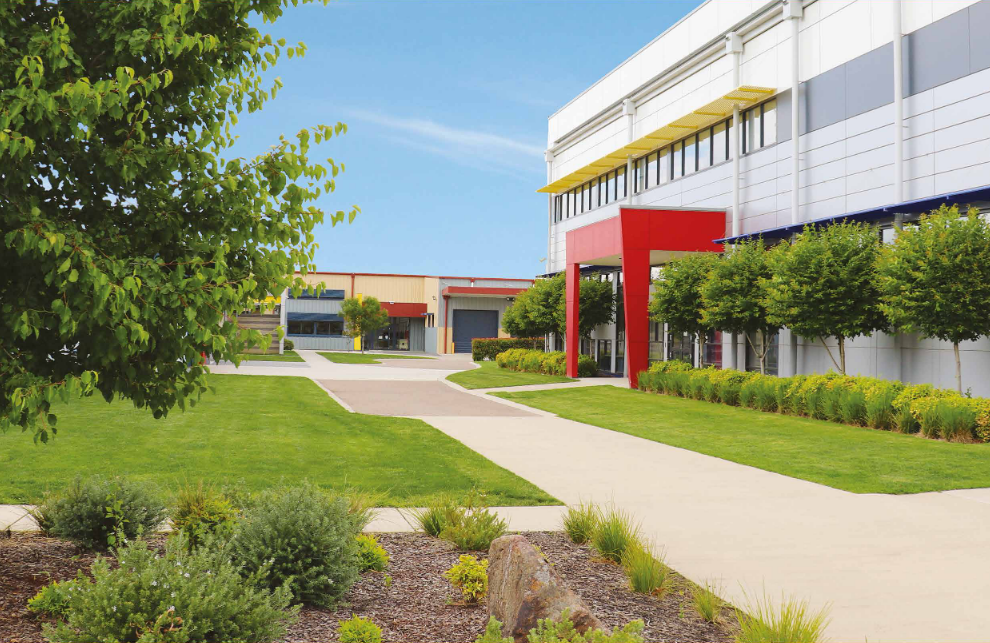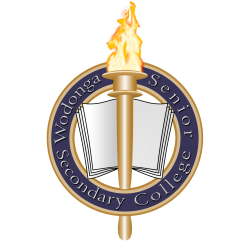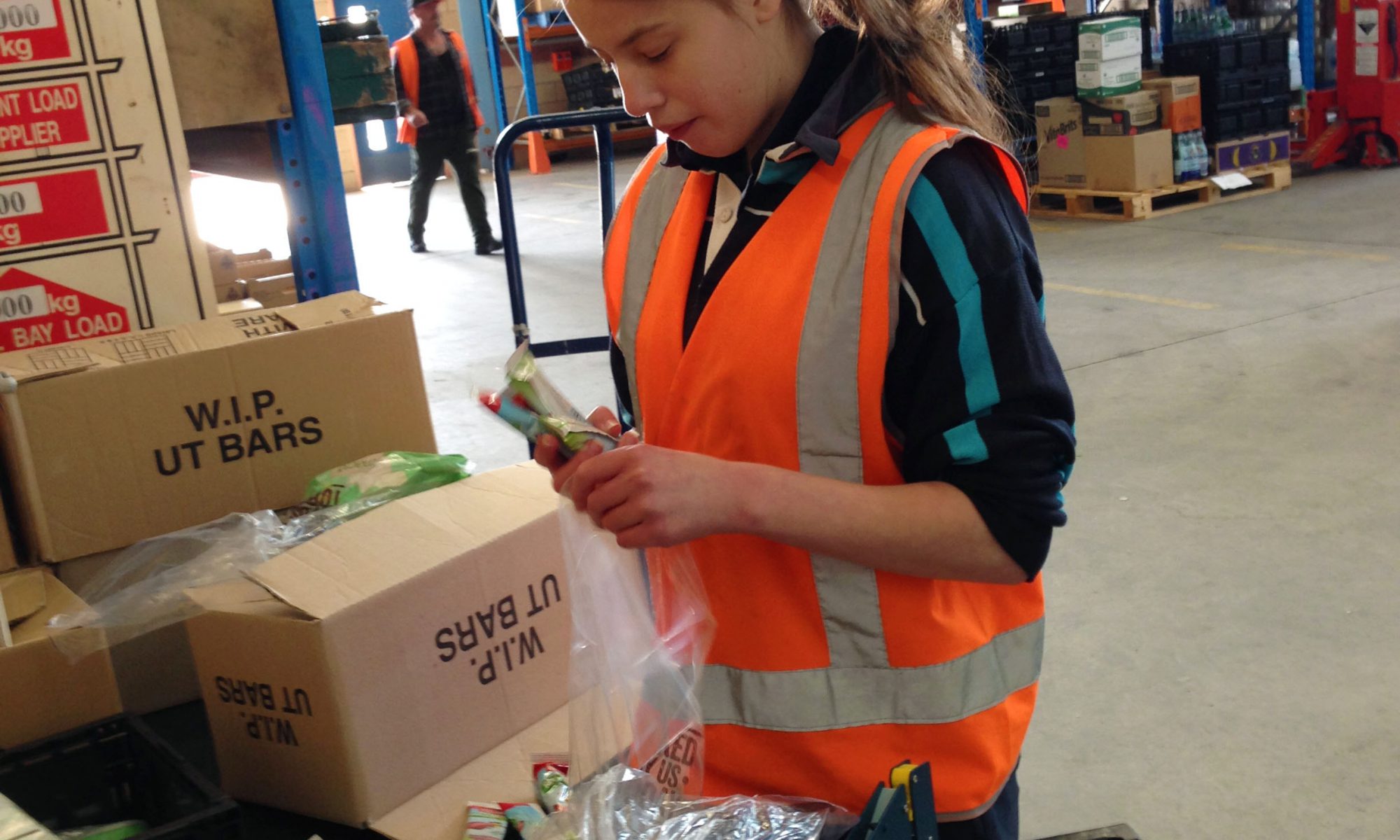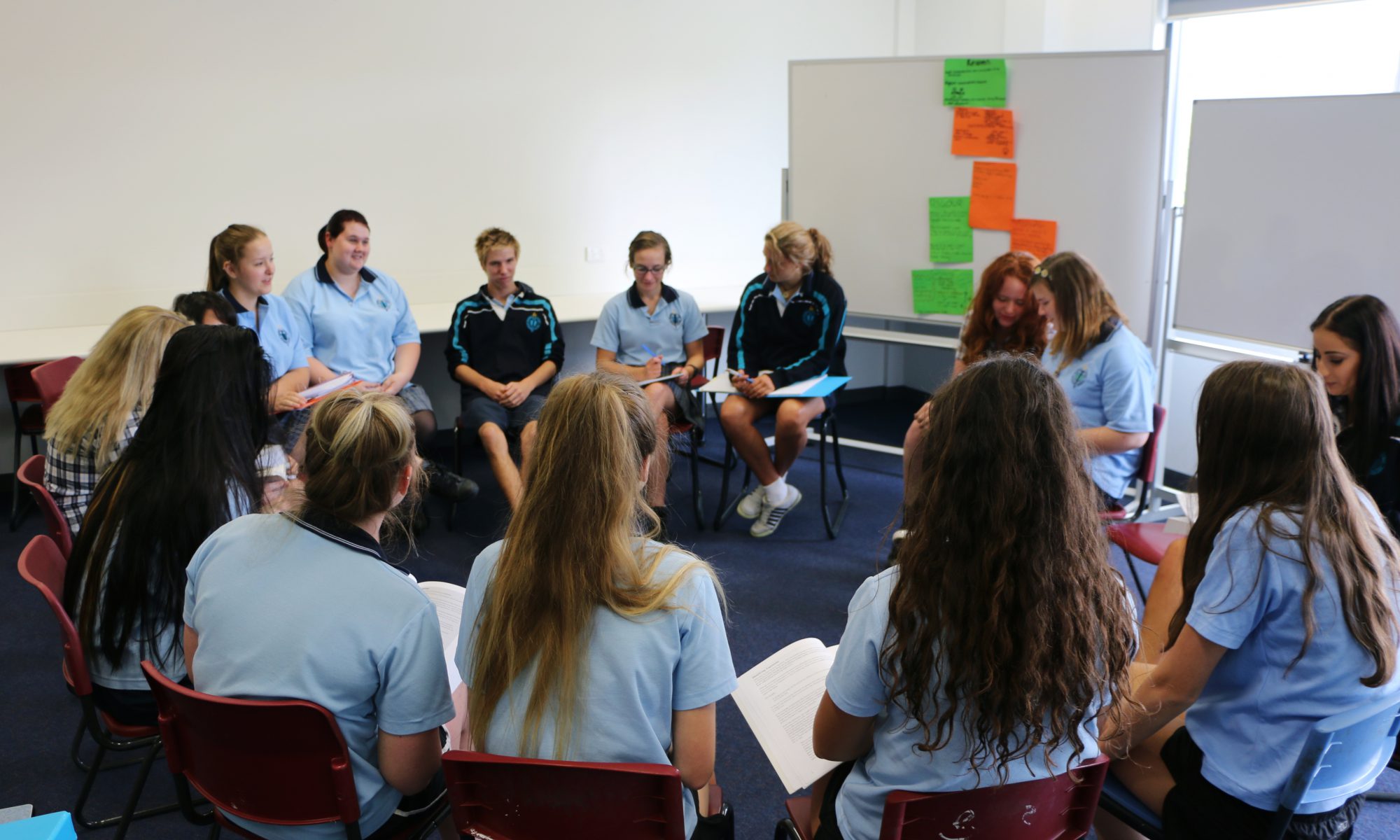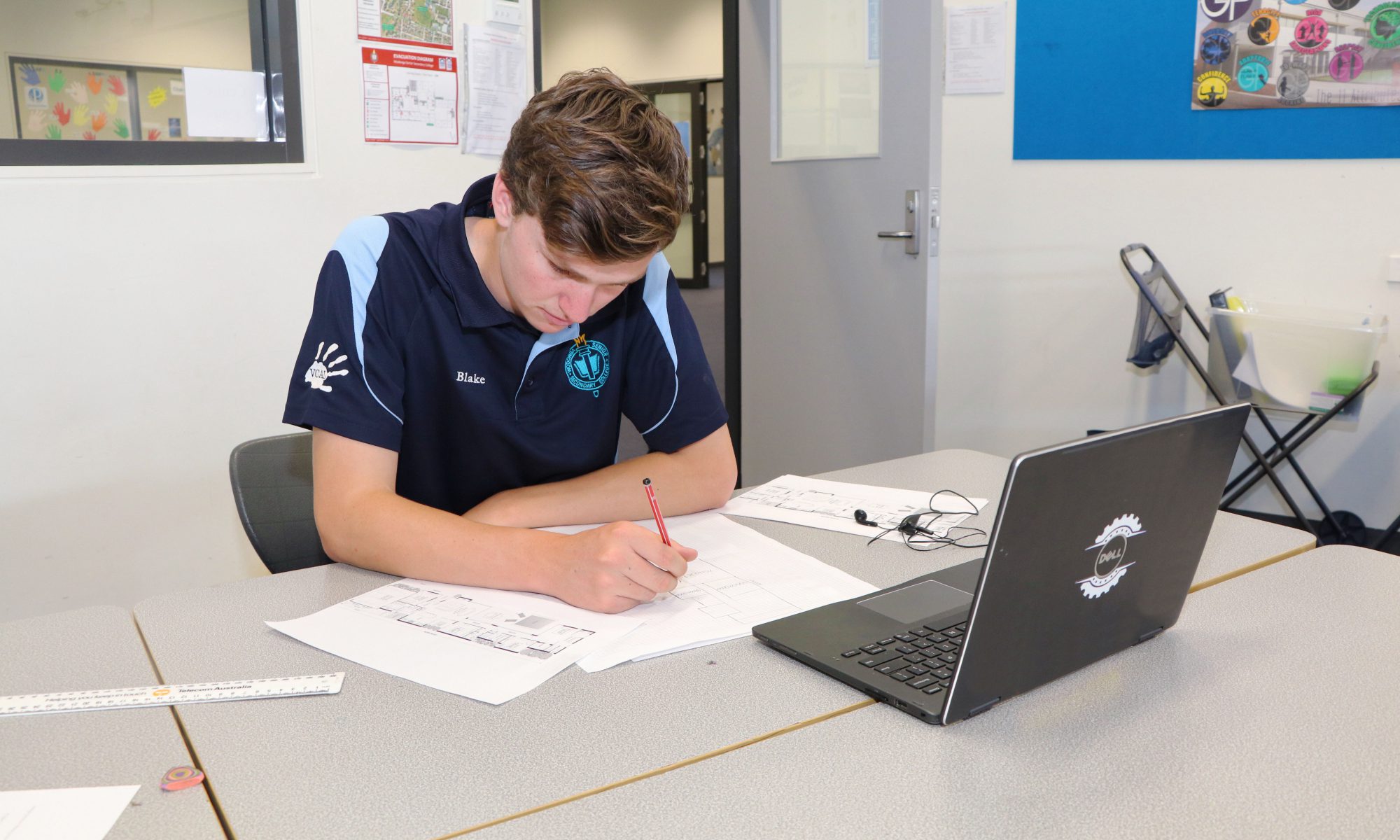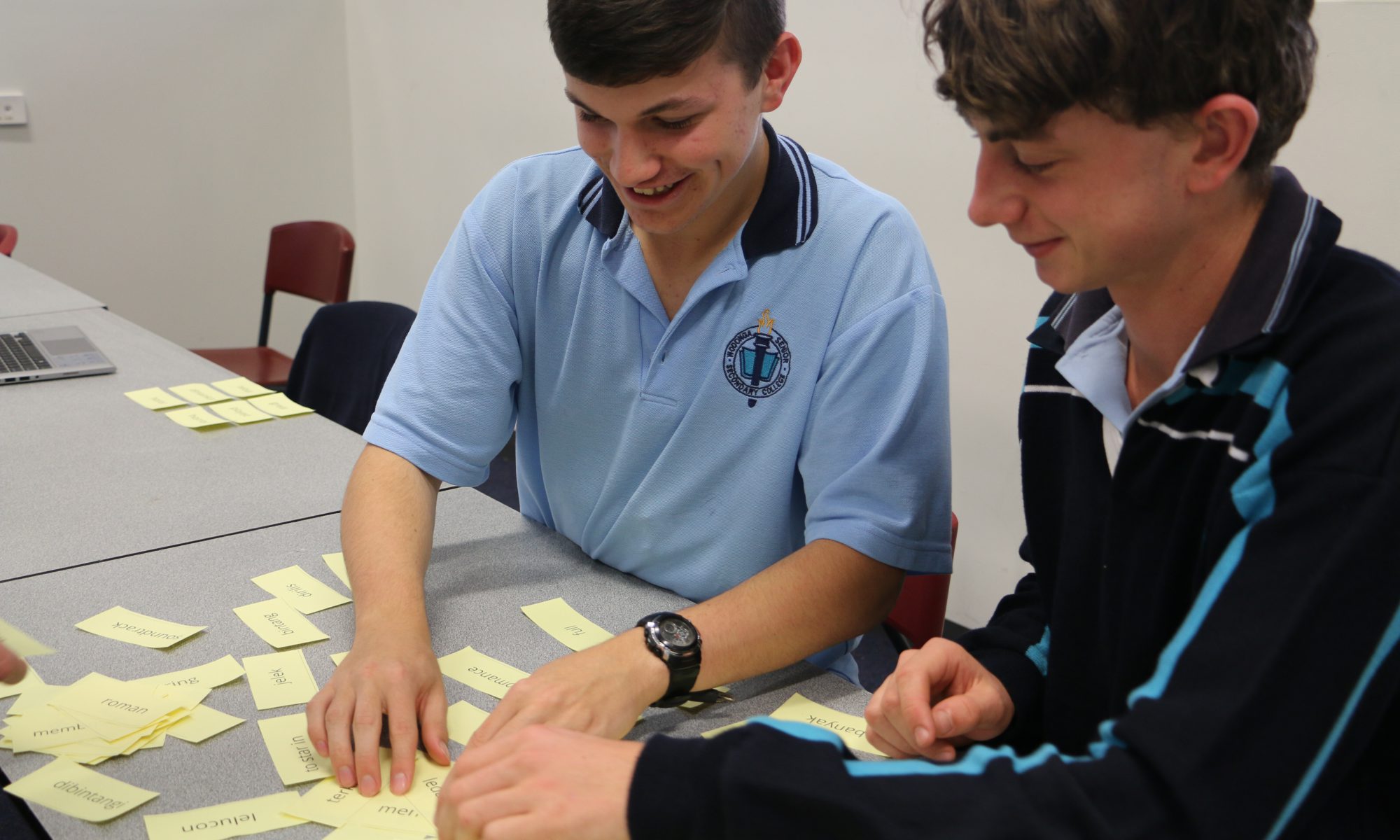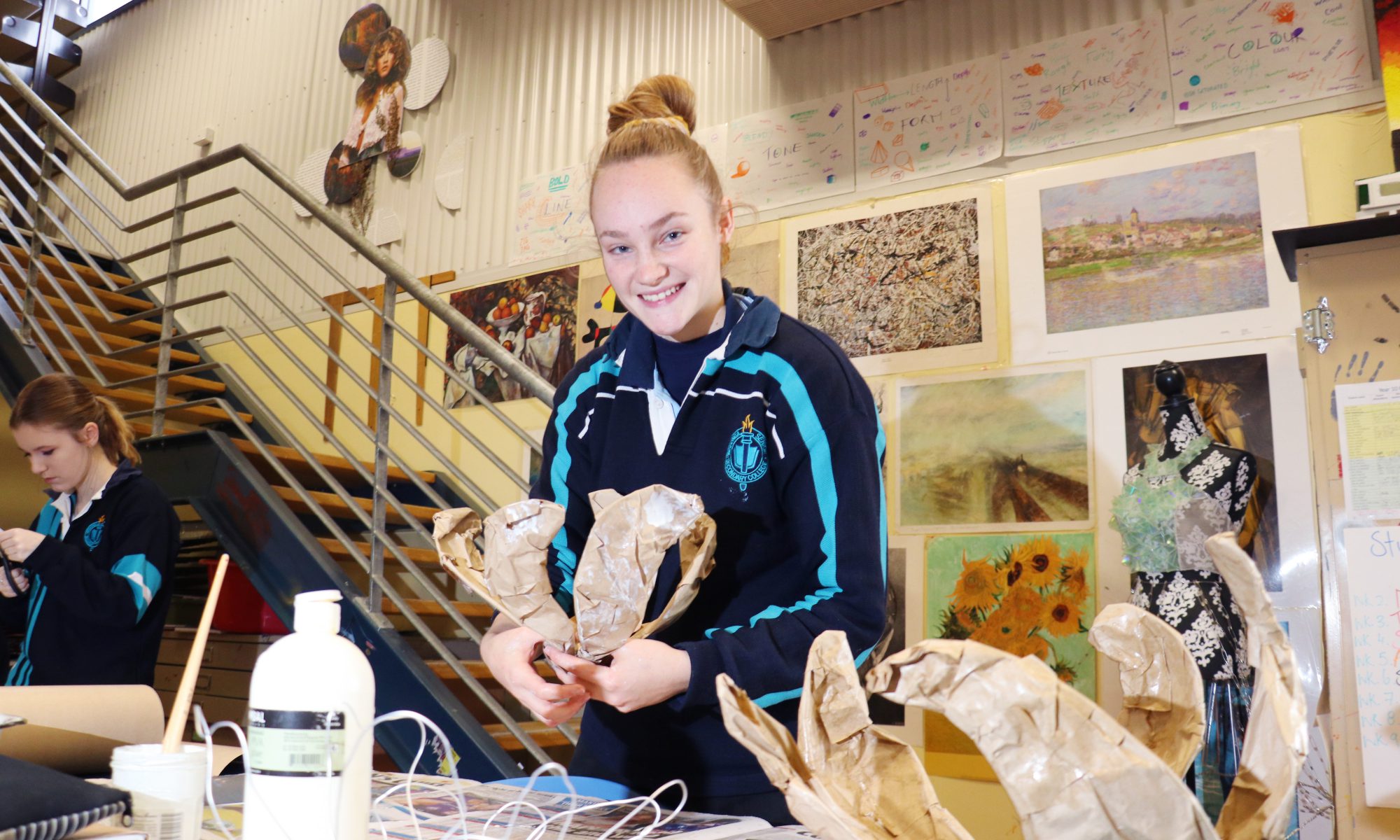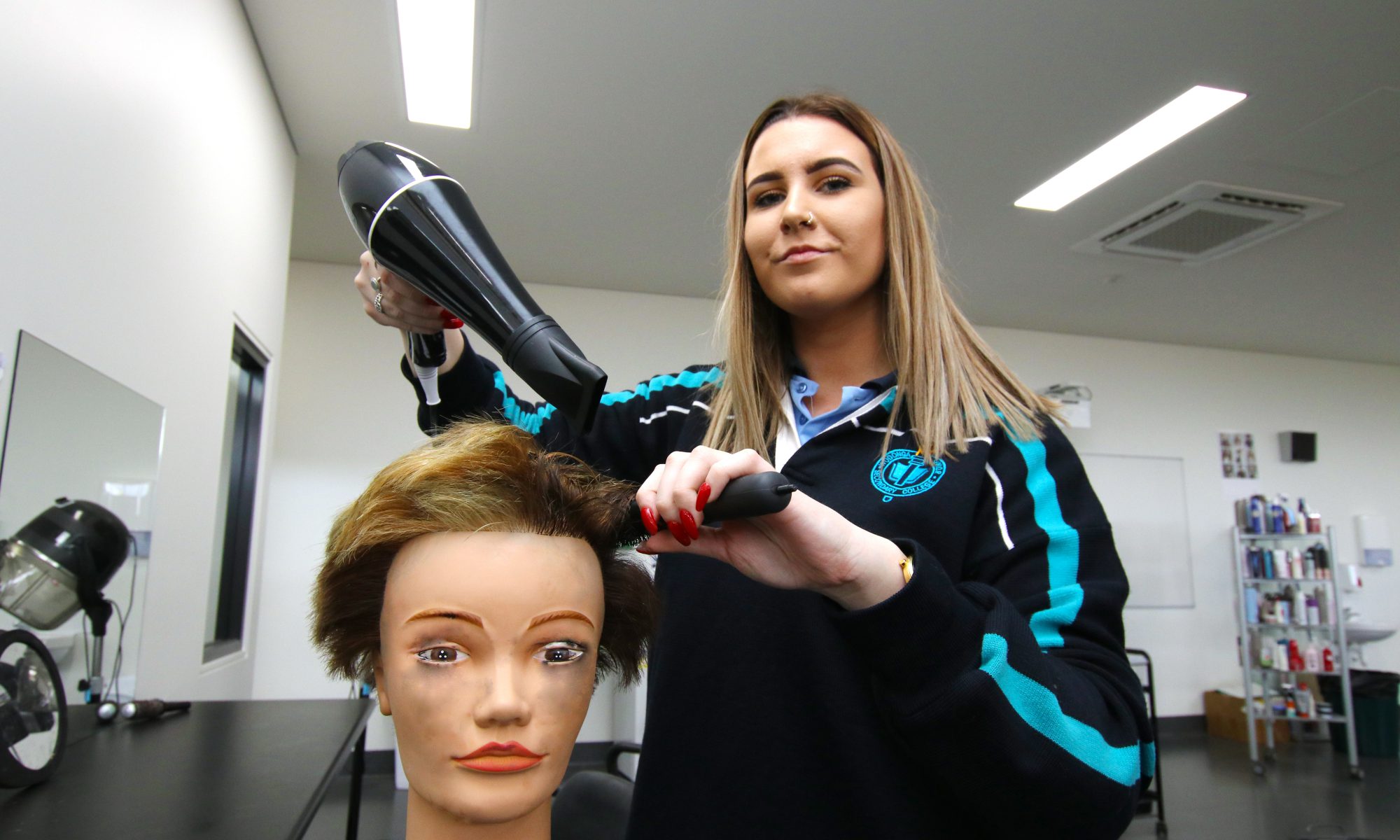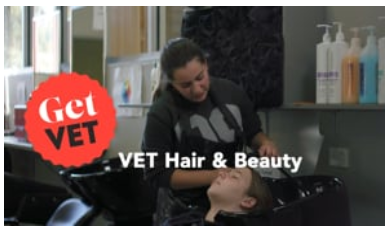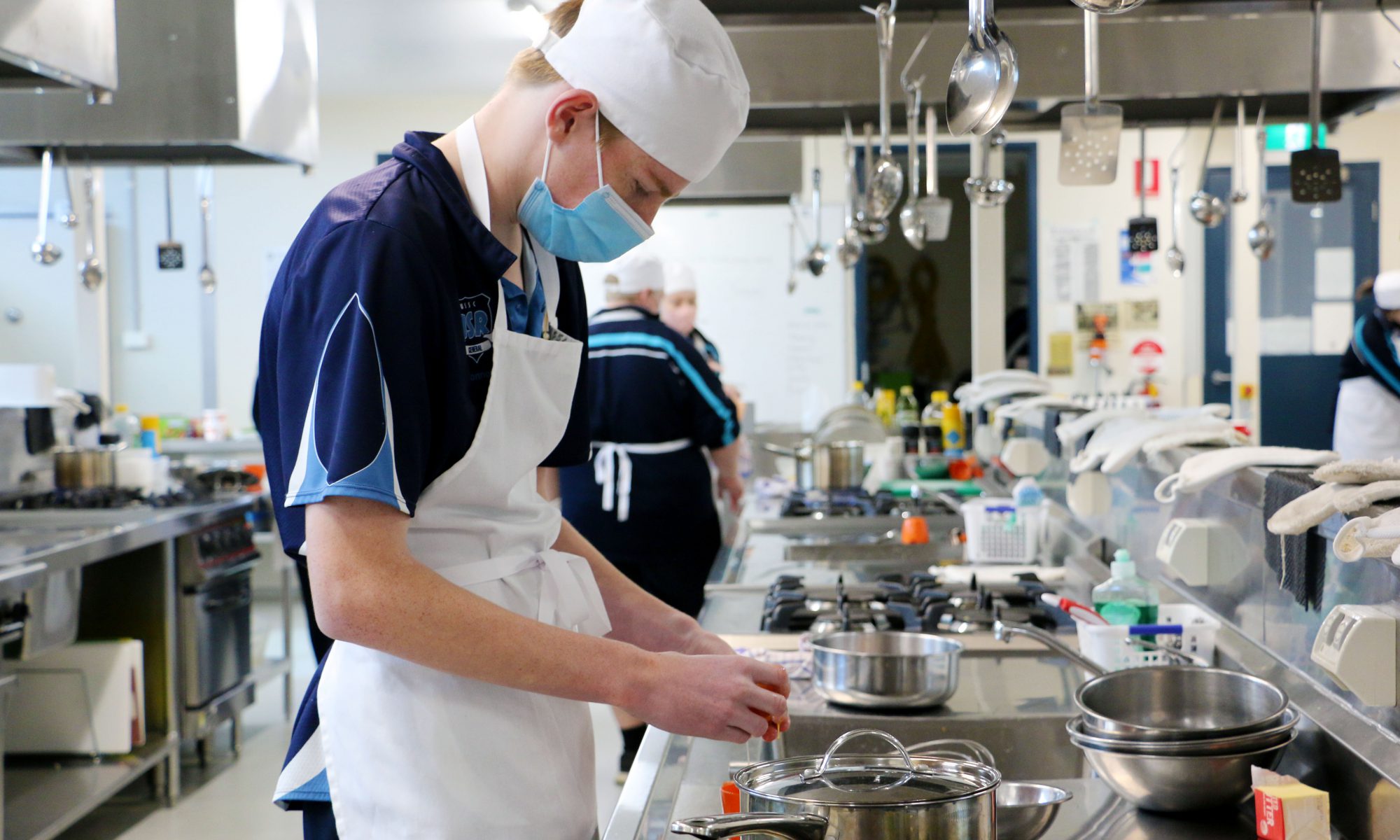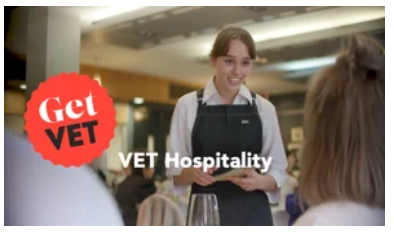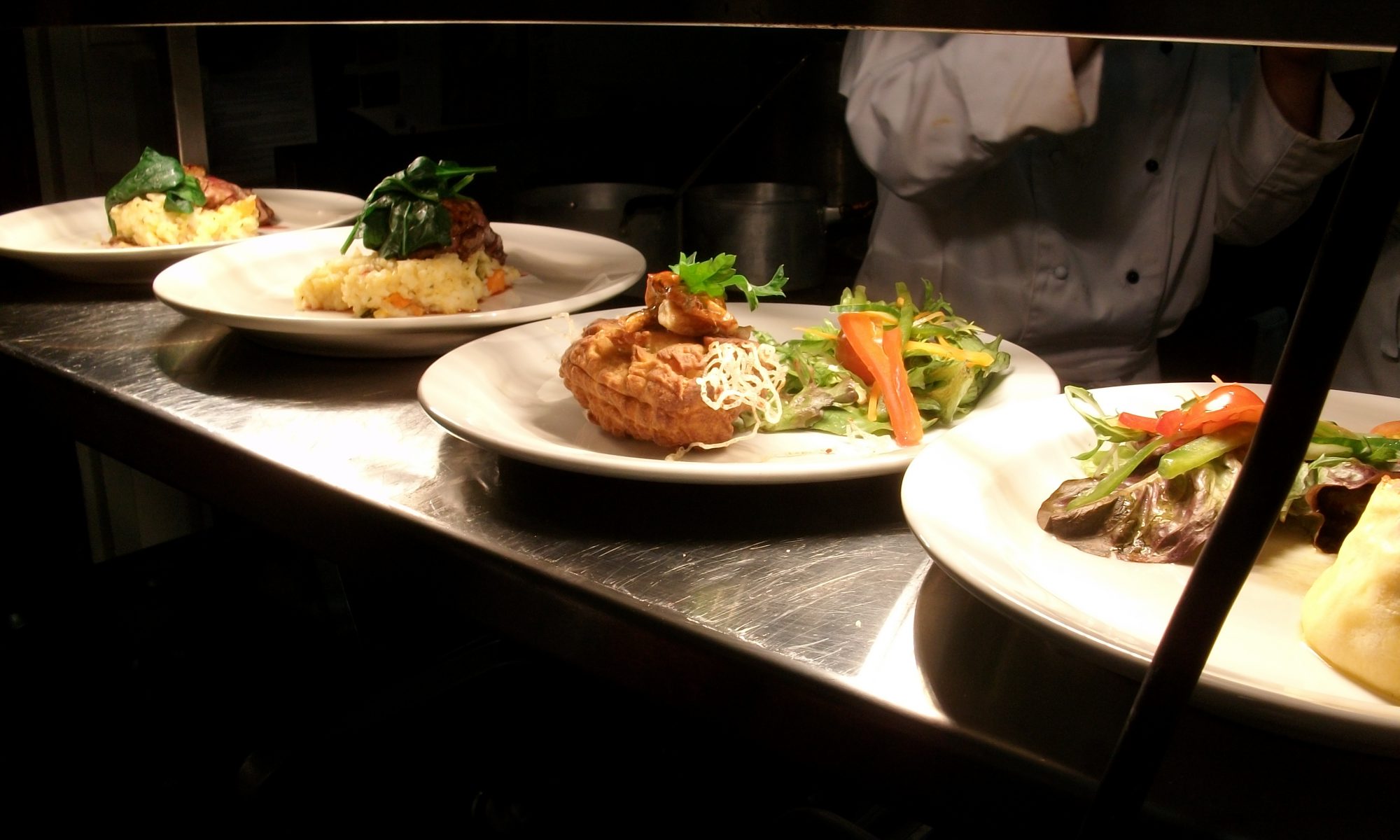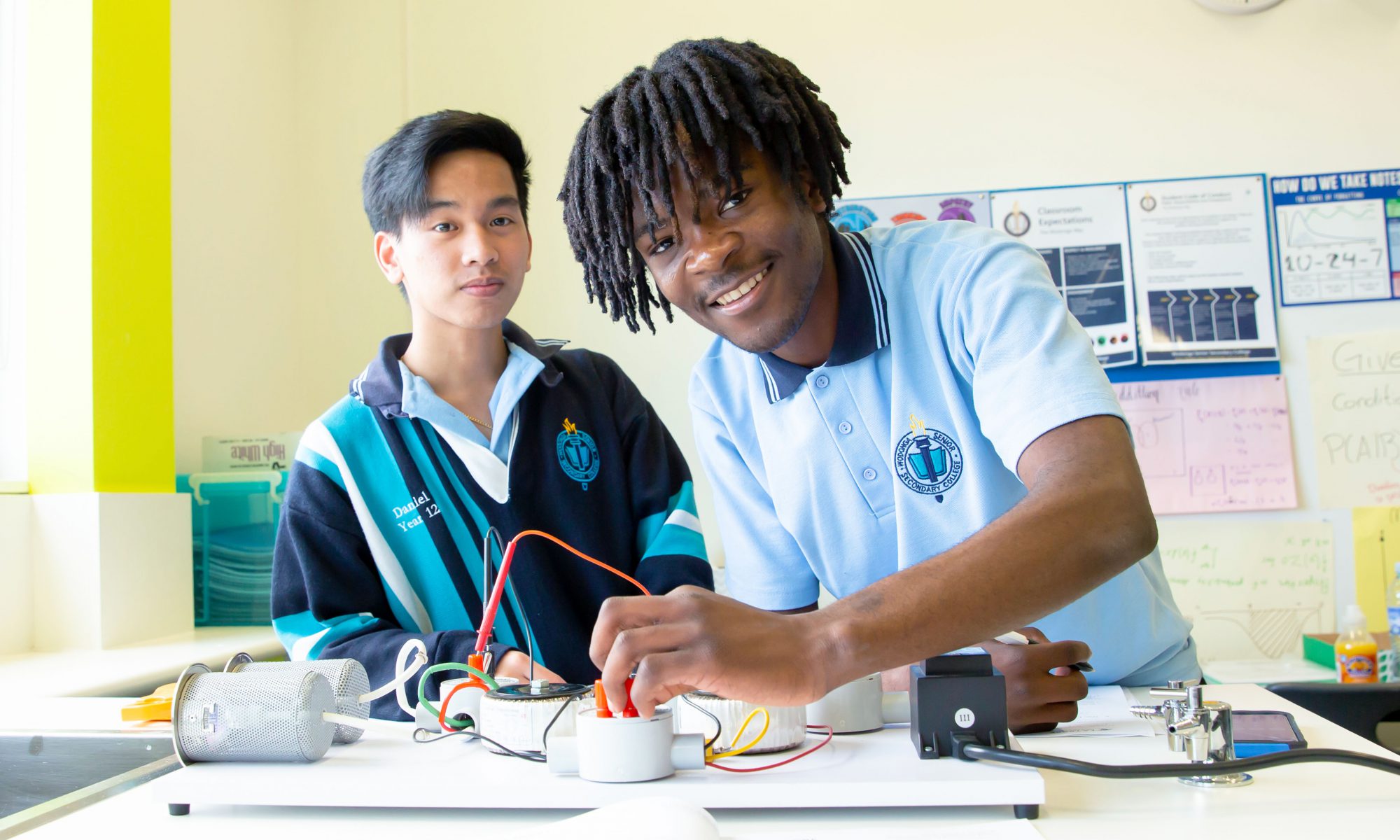Vocational Major Work Related Skills
Course Summary
Vocational Major Work Related Skills (WRS) examines a range of skills, knowledge and capabilities relevant to achieving individual career and educational goals. Students will develop a broad understanding of workplace environments and the future of work and education, in order to engage in theoretical and practical planning and decision-making for a successful transition to their desired pathway. The study considers four key areas: the future of work; workplace skills and capabilities; industrial relations and the workplace environment and practice; and the development of a personal portfolio. Students will have the opportunity to apply the knowledge and skills gained from this study in the classroom environment and through Structured Workplace Learning (SWL).
Students must complete 2 Units of Work Related Skills to be eligible for their VCE Vocational Major certificate
VCE: Unit 1, 2, 3 & 4 sequence available
Learning Activities & Assessment
- Engage in critical thinking relating to the changing nature of work using a PMI table (plus, minus interesting/implication) to respond to the key ideas presented in work-related online videos, for example, TED Talks
- Conduct research to list the top 10 strategies to improve career prospects individually or in small groups. Present findings to the class and justify the reasoning for the rankings allocated
- As a class, create a word wall relating to personal skills and capabilities to identify, define and clarify the meaning of these key terms
Classroom Virtual Tour
Quick Links
Approximate Costs
Unit 1 & 2
Unit 3 & 4
Learning Area Contact
Learning Area Leader
